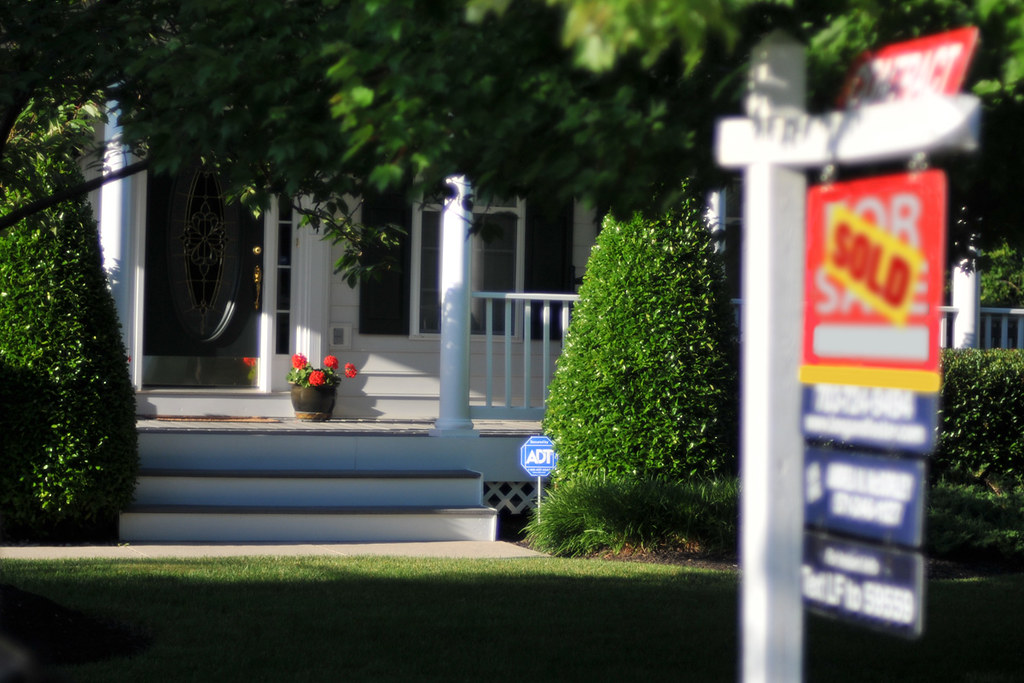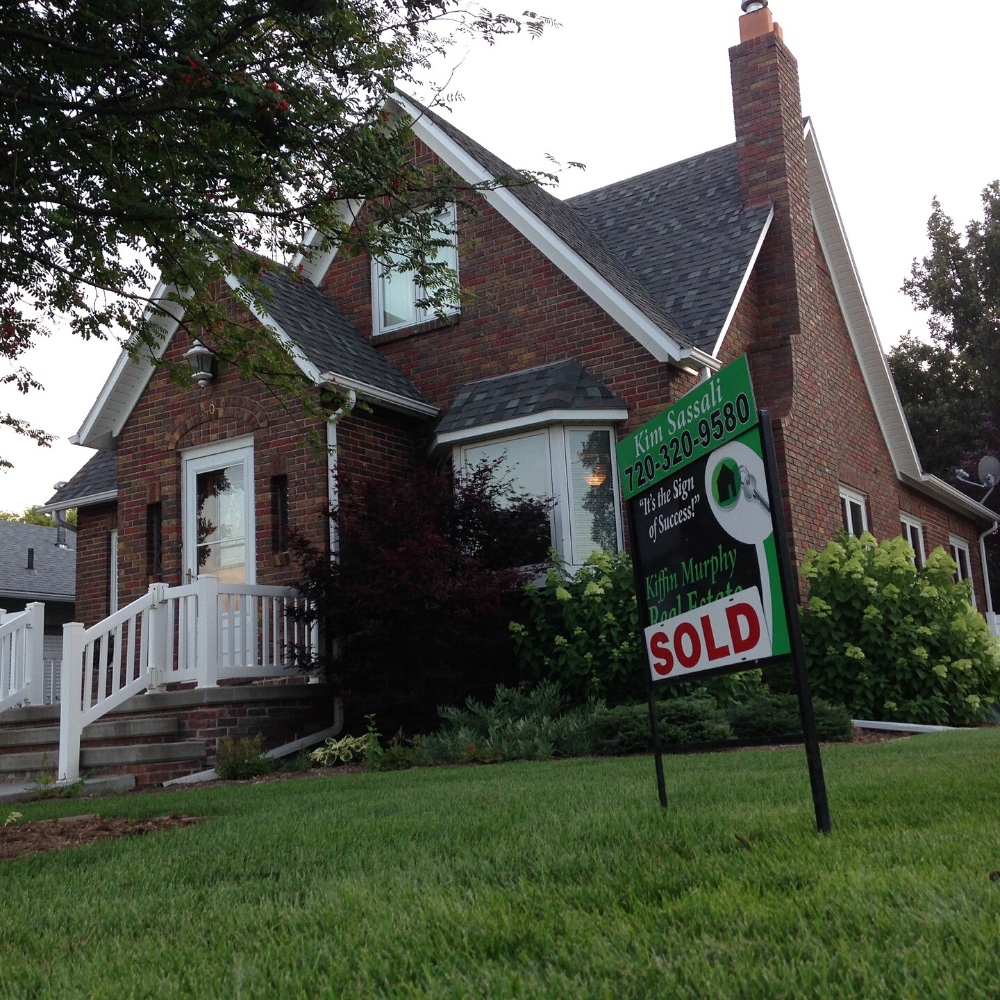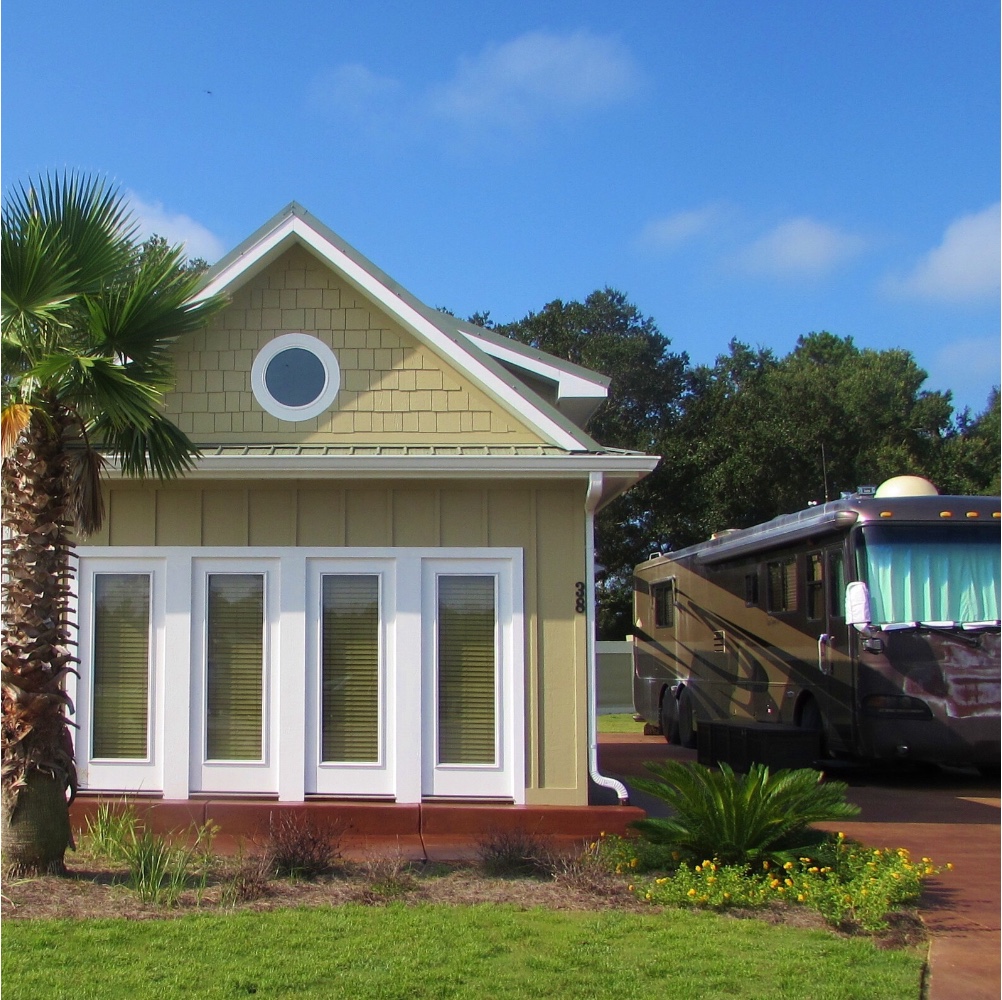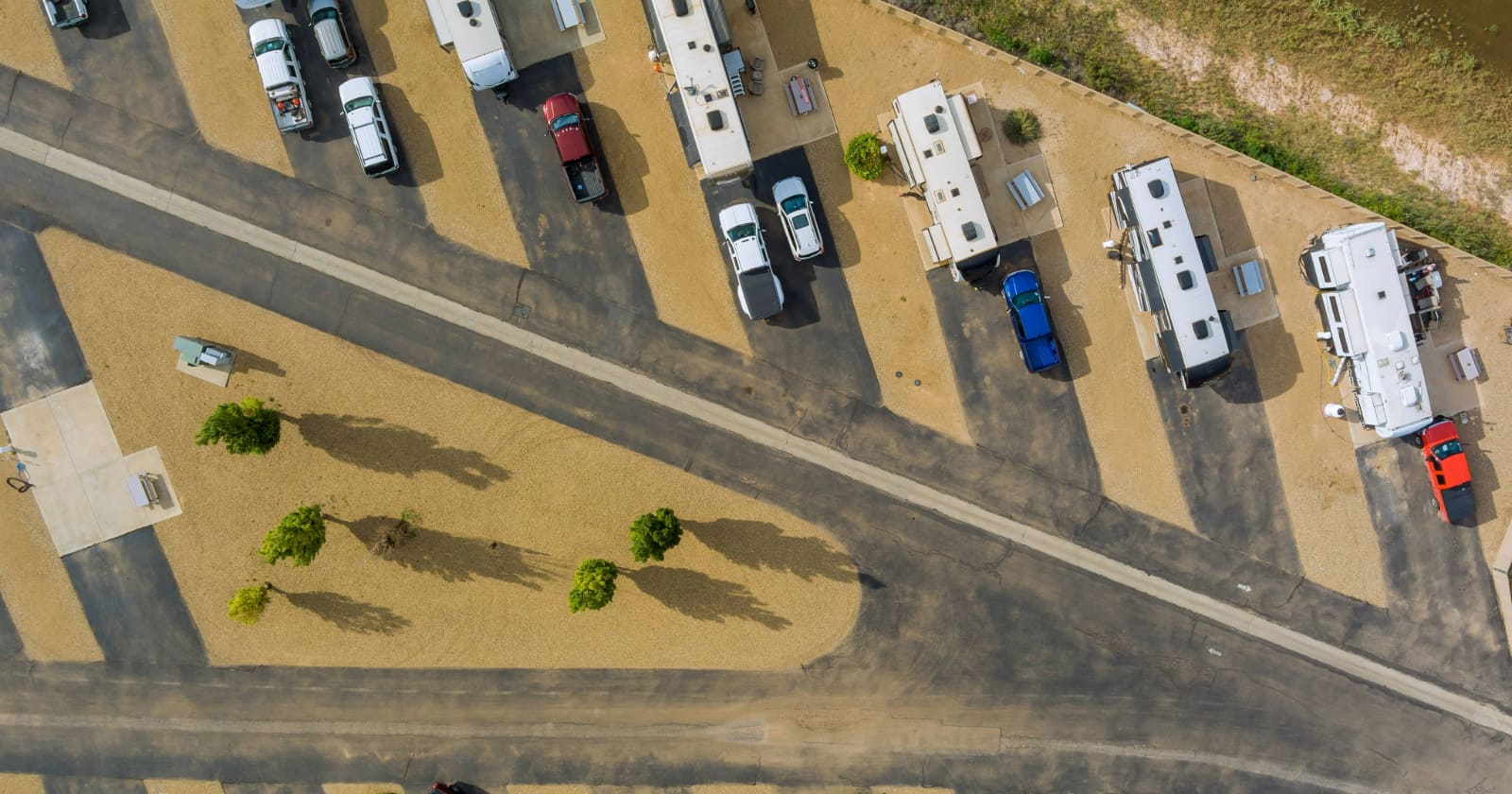Jumping into the world of full-time RVing is exciting. However, it also involves a lot of decision making. You’ll need to decide…
- Which of your items you want to keep.
- What kind of rig is best for your family.
- How you will make money.
- Where you will travel.
If you own your home, one of the most important decisions you’ll need to make is what to do with your house.

This is a huge decision and should involve a lot of thought. Selling is too final for many people. Meanwhile, renting is a lot of extra work. You will want to carefully consider all of your options and the pros and cons of each one before making up your mind.
Below are some of the things you might want to consider:
Renting your house when going full-time
The first option is to hold onto the house and rent it out. For some, this means finding long-term renters. For others, the more logical solution is to rent on sites such as Airbnb, taking in short-term renters instead.
The pro of short-term rentals is the fact that you can use the house between rentals if you like. The major con is the increased upkeep required between rentals.
No matter which way you choose to rent your house, you will be looking at the following pros and cons:
Pros of renting
- If you rent a furnished home, you can purge less and keep more of your things.
- Renting allows you to keep your home and your investment, something that is especially nice if you love your house.
- You could see some extra income from renting your home. In fact, some full-time RVers make a living off of renting homes they own.
- When you are finished traveling, you will have a home to return to.
Cons of renting
- Of course, if you’re going to rent your house you will need to keep up with it. This means hiring someone to do routine maintenance, and dealing with any issues that arise.
- Keeping your home could also mean more expenses while on the road. This is particularly taxing if you have trouble finding reliable renters.
- You will need to find a mail forwarding service and establish a new mailing address.
- Damage caused by renters is always a possibility and should be taken into consideration.

Selling your house before hitting the road
The next obvious option is to sell the house. People who don’t think they will return to the same area to settle down after their travels may be inclined to do this, as will people who simply are not in love with their house and know they would like something different. This is also the option that comes with the least stress in the long run.
Other pros and cons include the following:
Pros of selling
- Less stress. As mentioned before, selling your house means you can focus on enjoying your travels rather than stressing about upkeep and maintenance.
- No ties to “home.” Some people don’t want to feel tied to a certain area. Getting rid of your home will help remove those ties.
- No mortgage payments or other associated bills.
- You may end up with a chunk of cash to begin your full-time life upon selling your home.
Cons of selling
- You will need to get rid of nearly all furniture and other excess “stuff” or pay for a storage unit to keep it in.
- A mail forwarding service will be a must, unless a friend or family member is willing to accept mail for you.
- If your home takes a long time to sell, you might find yourself “trapped” close to the house until it does finally sell.
- You won’t have a home to return to when you finish your travels, nor if you need to take a break.

Keeping a home base
The final option is to hold onto your house as a home base. This is the most expensive option for sure and is probably best for those who plan to be seasonal RVers. However, there are still some full-timers who prefer this option.
Below are some of the pros and cons of keeping your house as a home base while RVing full-time:
Pros of keeping a home base
- Always have a home to return to, whether you just need a break from travel or plan to retire from life on the road.
- Keep your furniture and other things, and avoid the packing and purging that most people have to deal with when going full-time.
- No worries about damage caused by renters.
- Keep your mailing address and domicile.
- Hold onto your investment.
Cons of keeping a home base
- You will still have a mortgage and all associated bills, and not necessarily enough income to offset these bills.
- With the house left empty much of the time, theft is much more probable. Check out these home safety tips to keep your belongings safe while you’re away.
- Finding someone to mow the lawn, bring in the mail, etc. is a must, and adds to the cost of holding onto the house.
By considering these options, you should be able to figure out what will work best for your situation. In the end, this is a choice only you can make.
Keep in mind that what’s best for you and your travel style could change over time, so don’t be afraid to revisit this decision on a yearly basis or as often as you see fit.



